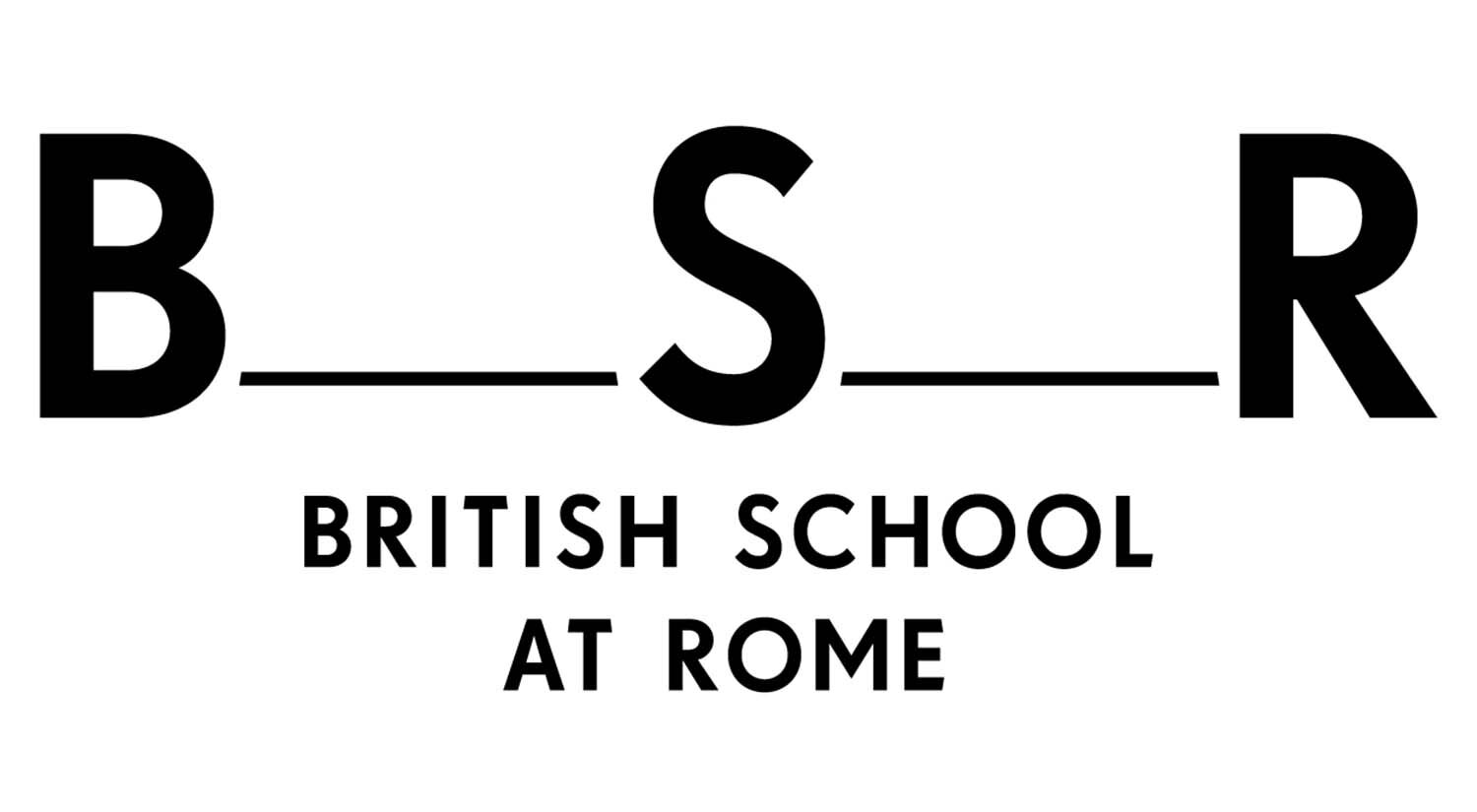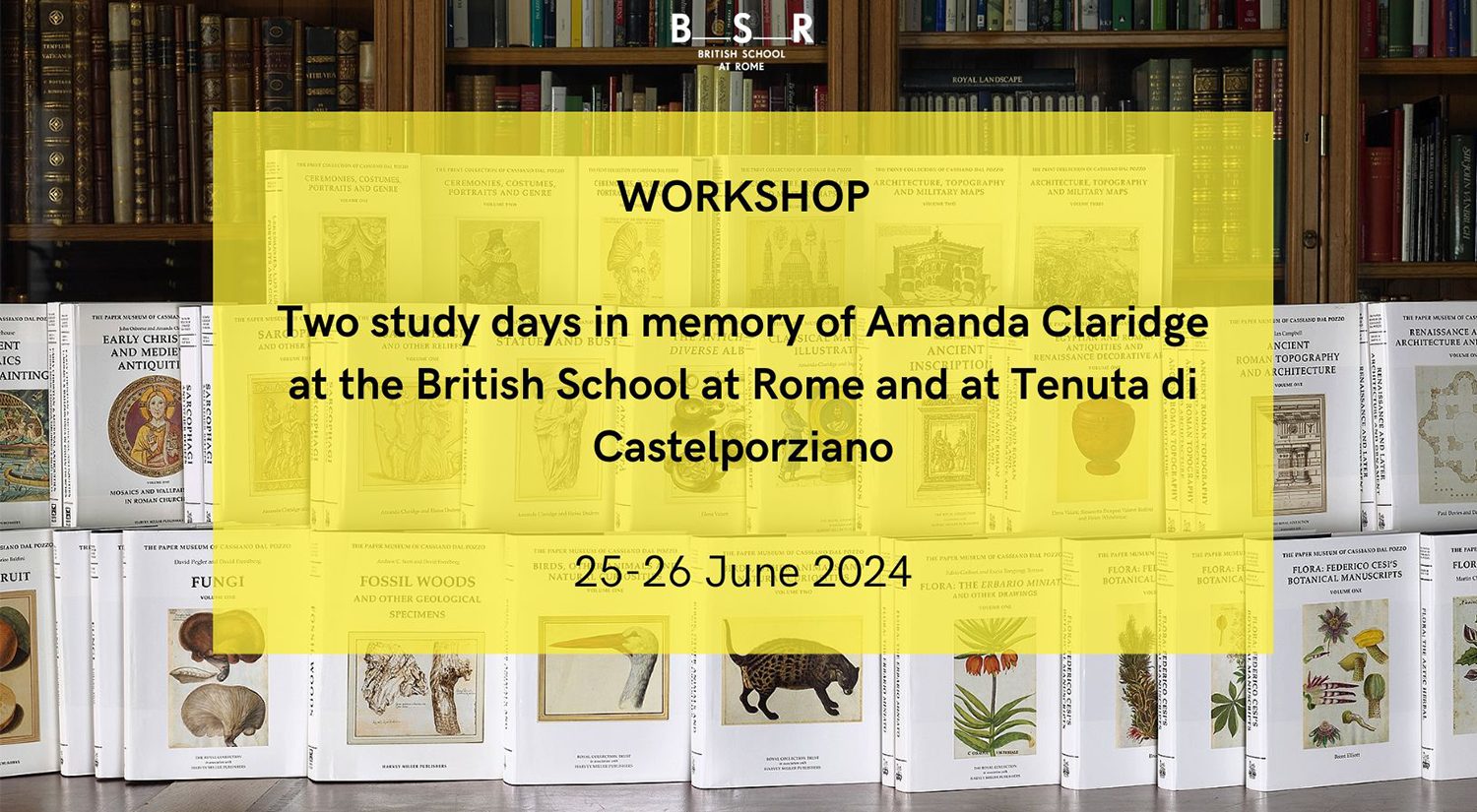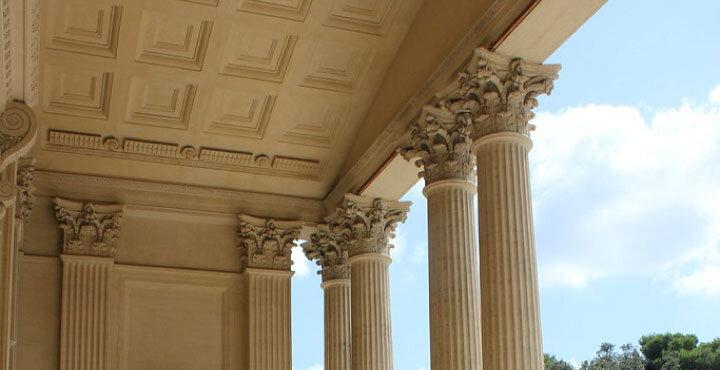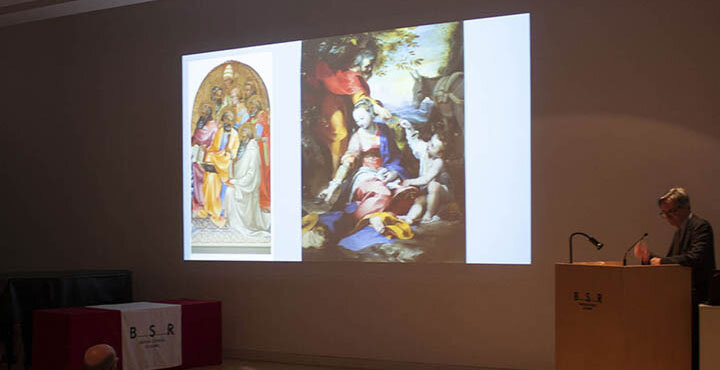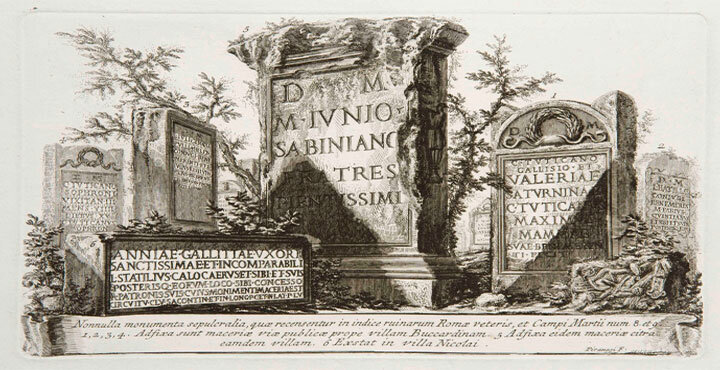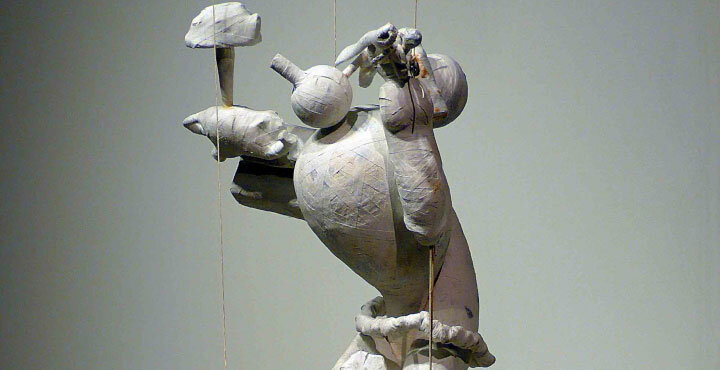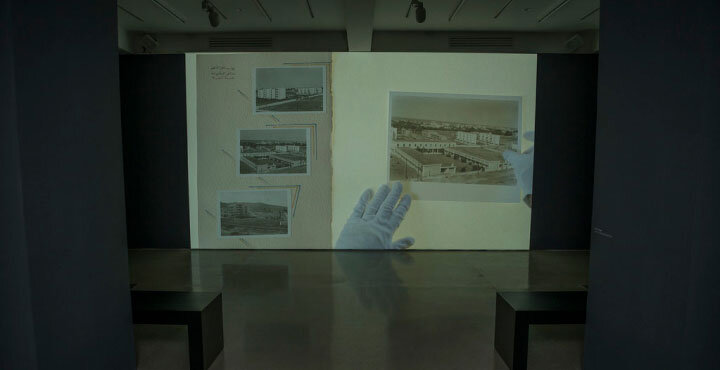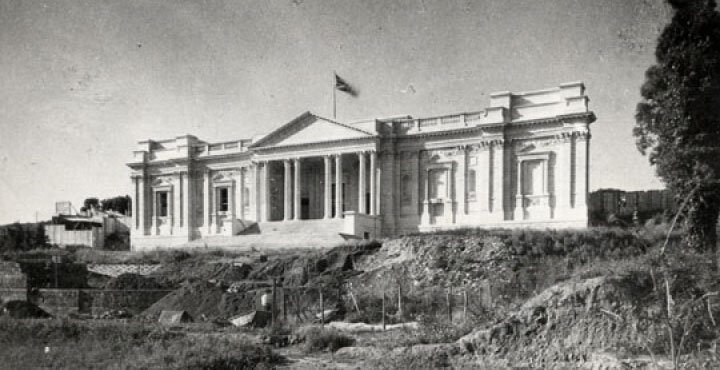In recent years, scientific discoveries and more affordable analyses have begun to contribute to the construction of new, and sometimes unexpected, sets of evidence about the human past. These need to be analysed by natural scientists and humanities scholars together. The intention of this conference is less to set out individual case studies, but rather to discuss the best strategies to develop research that produces results acceptable to both natural scientists and historians/archaeologists. We also wish to evaluate the impact of existing innovative research on the ways in which history can be reconstructed.
Can we simply take these new data – often substantial in their implications – as historical facts? How cautious should we be about them? And which are the best ways to put together data and disciplines with distinct epistemological bases? Conversely, when must we recognise that the questions we have previously put to the available historical and archaeological data must change, to leave space for entirely new ways of interpreting our data? Or else, when (and how far) is it simply a matter of the enrichment of our more traditional interpretations?
We wish the conference to think about and discuss this as widely as possible, focussing in particular on recent discoveries about the medieval period. Climate, environment, diet, health, migrations, pandemics, exchange systems, chronology, technology: in what ways do new (or now more accessible) technologies of scientific and bioarchaeological research allow us or force us to rethink the interpretative paradigms of the Middle ages?
The conference programme can be downloaded here.
This event will be in English.

